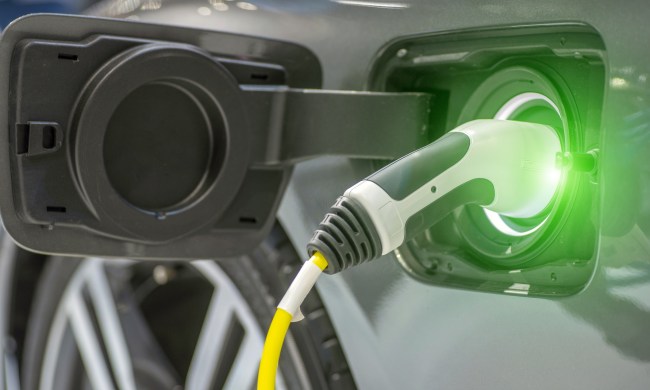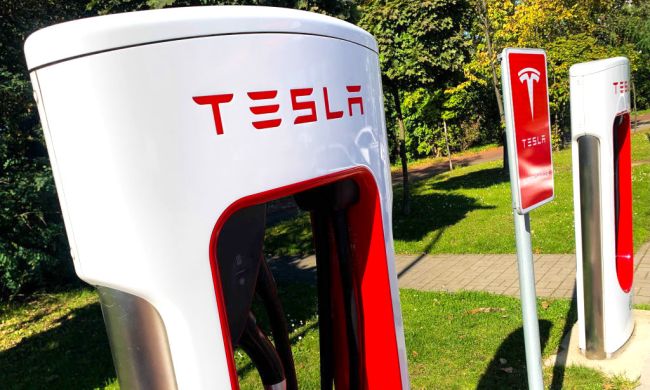Automakers are introducing more electric cars, but sales remain a drop in the bucket compared to internal-combustion cars. That’s a problem for Ford, which is planning to introduce a handful of all-electric models over the next few years. What’s missing is education, Ted Cannis, the automaker’s head of electrification, wrote in a blog post. People aren’t buying electric cars because they just don’t understand them, he wrote.
Lack of public education is such a problem that 42% of Americans believe electric cars still require gasoline to run, Cannis claims. That’s a fundamental understanding, but explainable by the fact that automakers, policymakers, and, yes, even journalists often discuss electric cars and hybrids under the blanket term “electrified.” Electric cars are just that — electric. Hybrids have electric assist, and plug-in hybrids are even capable of limited all-electric running, but still have internal-combustion engines. That may be the source of the confusion.
Ford’s second electric car myth is that electric cars don’t have quick acceleration. More than 90% of Americans and Europeans believe this, according to Cannis. With a zero to 60 mph time of 2.4 seconds, the Tesla Model S is the quickest-accelerating sedan you can buy, but it seems not everyone has gotten that message. Cannis admitted that this is partially down to Ford and other automakers initially focusing on regulatory compliance and cutting costs, rather than outright performance. Cars like the Porsche Taycan and Lotus Evija show that companies are finally learning to have some fun with electric cars.
Close to 80% of Americans said they would not pick an electric car for extreme weather, while 65% would not pick an electric powertrain for their all-wheel-drive vehicle, Cannis wrote. The fear among buyers that electric cars lose range in cold weather has been a persistent barrier for sales in the United States. It hasn’t stopped Norway from becoming one of the biggest markets for electric cars, though. To try to dispel the myth, Ford produced a video of a camouflage electric prototype undergoing winter testing. Some media outlets have speculated that this vehicle is Ford’s next all-electric model, a Mustang-inspired SUV with a claimed 300-mile range.
Finally, Cannis wrote that over two-thirds of Americans (67%) and Europeans (68%) believe electric vehicles aren’t up to the task of towing. That’s admittedly a weak point for current electric cars. Most are sedans or small hatchbacks — not the types of vehicles normally designed for towing. The Tesla Model X and Audi E-Tron are rated to tow 5,000 pounds and 4,000 pounds, respectively. But the extra weight and aerodynamic drag of a trailer can have a negative impact on range. It’s also hard to find a charging station that can accommodate a vehicle with a trailer.
A Ford executive wouldn’t bring this up if the company didn’t have an answer in the works, right? Ford will soon launch an all-electric version of its bestselling F-150 pickup truck and has already used a prototype to tow a train. That was a one-off stunt, but the finished product will need real towing capability in order to satisfy the demands of truck buyers.


